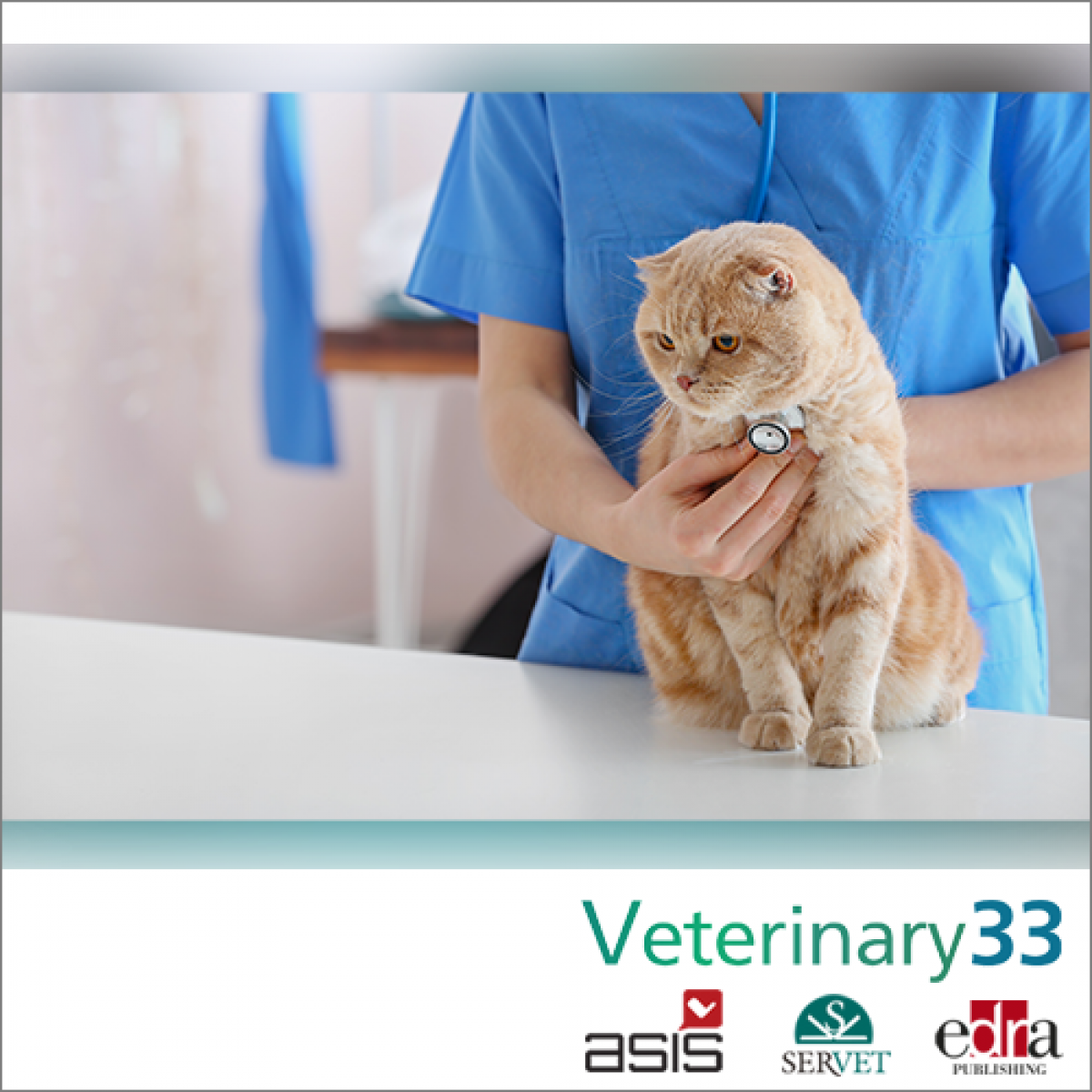Signalment and Clinical Data of Cats with Exocrine Pancreatic Insufficiency
The lower the serum fTLI concentration, the more often good treatment response was reported
Serum feline trypsin-like immunoreactivity (fTLI) is commonly used to diagnose feline exocrine pancreatic insufficiency (EPI). This study aimed to describe signalment and clinical data of cats with EPI.
Determination of TLI was performed using an in-house ELISA; the reference interval was defined using a Reference Limit Estimator. Groups were formed from 4813 cats (2019-2020), based on their fTLI concentration: 1 (<8 µg/L; decreased; n = 275), 2 (8-88 µg/L; reference interval; n = 4256), and 3 (>88 µg/L; increased; n = 282).
Males and Domestic Shorthairs were most common in all groups. Group 3 had the highest (13 years), and group 1 had the lowest (9 years), median age. Clinical information was available for 200 cats (decreased fTLI: n = 87, lower reference interval (8-12 µg/L): n = 113). Treatment response was observed in 83% (decreased fTLI) and 66% (lower reference interval). EPI cats displayed weight loss (69%), diarrhoea (68%), vomiting (41%), anorexia (39%), poor hair coat (35%), lethargy (33%), and/or polyphagia (21%). The lower the serum fTLI concentration, the more often good treatment response was reported (p = 0.022) but there were no statistically significant clinical signs. In conclusion, fTLI is a helpful parameter to diagnose EPI but predicting treatment response based on signalment or clinical signs is not possible.
“Signalment and Clinical Data of Cats with Exocrine Pancreatic Insufficiency Diagnosed Using Feline Trypsin-like Immunoreactivity in Routine Diagnostics” Katrin Törner, et al. Vet Sci. 2021 Aug 3;8(8):155. doi: 10.3390/vetsci8080155.










List
Add
Please enter a comment